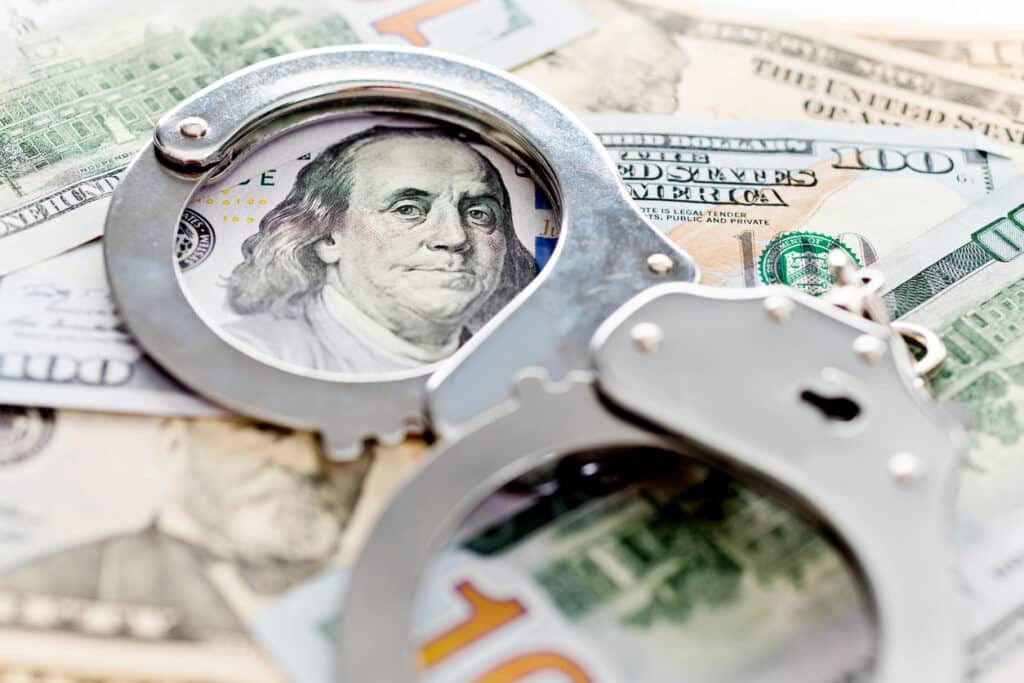On February 10, President Trump signed an Executive Order ordering the Department of Justice (DOJ) to pause enforcing the Foreign Corrupt Practices Act (FCPA) and directing Attorney General Pam Bondi to review the guidelines and policies around FCPA enforcement.
The FCPA, passed by Congress in 1977, is a U.S. anti-corruption law that prohibits the payment of anything of value to foreign government officials in order to obtain a business advantage.
In signing the order, President Trump claimed that U.S. enforcement efforts around the law harm American businesses: “Many, many deals are unable to be made because nobody wants to do business, because they don’t want to feel like every time they pick up the phone, they’re going to jail.”
In practice, many FCPA enforcement actions are taken against foreign companies. For example, in November, the DOJ announced charges against Indian billionaire Gautam Adani, his nephew Sagar Adani, business associate Cyril Cabanes, and other senior business executives in connection with an alleged $250 million bribery scheme to capitalize on a multi-billion-dollar solar energy project awarded by the Indian government.
Proponents of the law argue that it is key to combatting corruption around the world, limiting its corrosive effects on democratic institutions and public services including health, education, and infrastructure.
In addition to the DOJ, the FCPA is enforced by the U.S. Securities and Exchange Commission (SEC). In 2010, the Dodd-Frank Act, which established the SEC Whistleblower Program, added whistleblower provisions to the FCPA. Individuals can disclose information relevant to potential FCPA violations to the SEC.
Through the SEC Whistleblower Programs, qualified whistleblowers, individuals who voluntarily provide the SEC with original information that leads to a successful enforcement action, are entitled to a monetary award of 10-30% of funds recovered by the government. Additionally, under the DFA’s related action provisions, when a whistleblower’s disclosure to the SEC also leads to a successful enforcement action by another agency, the whistleblower is entitled to an award of 10-30% of funds recovered in that action.
In May 2023, the SEC issued a $279 million whistleblower award: the largest in the history of the SEC Whistleblower Program. According to reporting by the Wall Street Journal, the award was connected to a $1.1 billion FCPA settlement between Swedish telecommunications company Ericsson and U.S. authorities over bribery charges.
